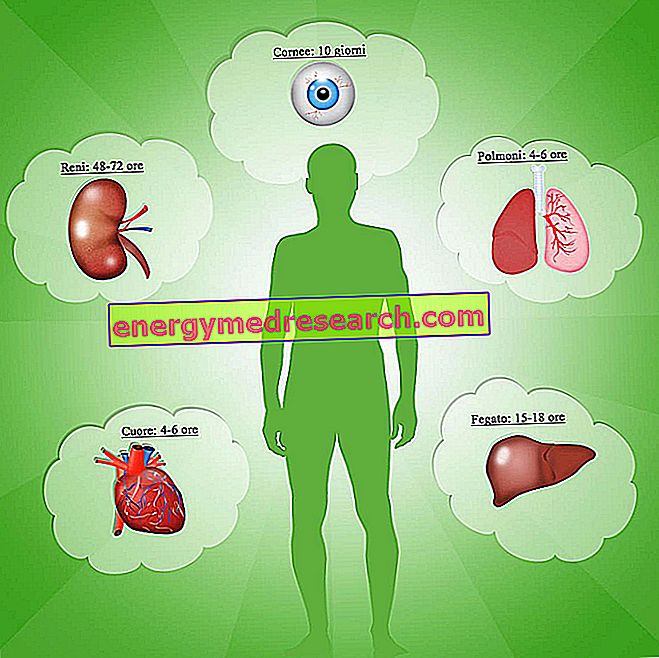
When an organ is taken from an individual, it no longer receives the oxygen that the cells that constitute it need. This lack of oxygen inevitably sets in motion a process of cellular necrosis which ends, after a few hours, with the death of the organ itself.
In light of this, it is clear why, when a transplant is to be performed, it is necessary to act as quickly as possible.
But do all the private oxygen organs have the same life? Are there organs that survive longer than others? If yes, what are they?
The kidneys live 48 to 72 hours; the lungs and the heart have a life span ranging from 4 to 6 hours; the pancreas lives from 12 to 24 hours; the liver dies after about 15-18 hours; the corneas have a remarkable duration and remain alive even for 10 days.



